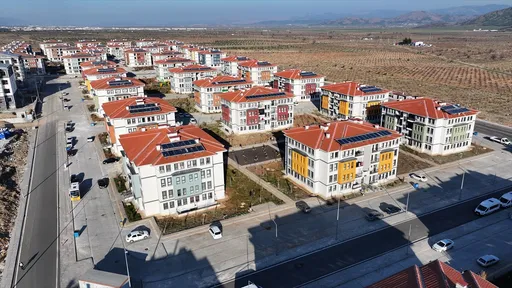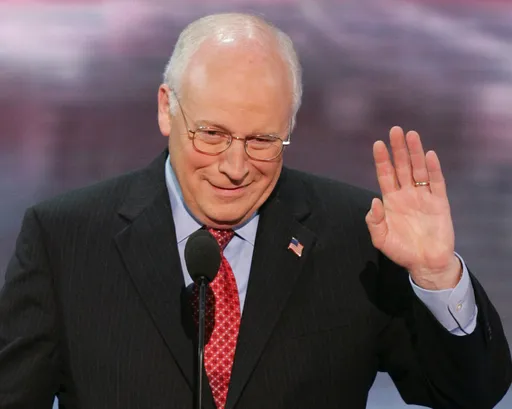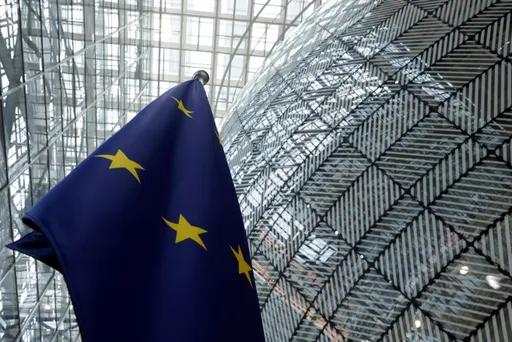As the US election looms, and with the US polls showing candidates Kamala Harris and Donald Trump running a very tight race, the US Electoral College has again been put to debate.
"Many Americans navigate elections with just the basics, as the system often feels deliberately complex," Kenia Mazariegos, Assistant Director of Communications at a non-profit, told TRT World.
Mazariegos, who said she may not vote in this election, added she doesn't oppose "reforming or even abolishing the system if needed."
"It's clearly a pain point for many during election season, and I think a refresh wouldn't hurt," she said.
The Electoral College is a process that consists of selecting electors (538 in total) from 48 states and Washington DC (each state has the same number of electors as it has in its Congressional delegation), a meeting of the electors to cast their vote for a president and a vice president, and continuing the vote in the Congress. It was established by the Founding Fathers in the Constitution as a compromise between the election by a vote in Congress and a popular vote.
A 270 vote by the electors is required to win the elections. As for the popular vote, it's not a vote directly to a candidate, but rather for a possible elector who will vote for the president. In other words, the popular vote in each state gets to elect certain people who will vote for the candidate for them.
To make matters more complicated, if no candidate gets the 270 votes needed to become president, either by a 269-269 tie or by a third candidate who spoiled the election, the House of Representatives gets to pick the president, and the Senate chooses the vice president, again leaving the public out of the frame.
To put all of this in perspective, former presidential candidate Hillary Clinton won the popular vote in 2016 by almost 3 million votes, but still lost to Trump, who won the Electoral College by 304 votes. In 1824, the House of Representatives chose John Quincy Adams as president after no one reached the needed Electoral College votes.
Normally, this puts many US voters in a position where they question the value of their votes and if it makes a difference.
Few positives, many negatives
Despite its potential positives, experts argue that the Electoral College could have significant downsides in the election process.
"The EC has some key advantages, such as balancing influence between smaller and larger states, and ensuring that less populous areas have a voice. It encourages candidates to campaign across a wider geographic area, rather than concentrating solely on densely populated urban centres, and provides a clear mechanism for resolving election outcomes, offering stability," Rachel Williams, senior researcher and political expert, told TRT World.
However, she said that the system could open the window for many negatives, such as misrepresentation, where "the popular vote doesn't always align with the electoral outcome."
"The system often shifts focus to a handful of swing states, leaving many voters in non-competitive states feeling overlooked, and the winner-takes-all approach in most states can suppress minority viewpoints within those regions," she added.
Patrick Rosenstiel, Senior Consultant at National Popular Vote, also shared a similar sentiment.
"I can't think of a single redeeming quality to the current system," Rosenstiel told TRT World.
"It renders voters in four out of five states irrelevant in presidential elections and results in battleground state courts determining outcomes, not voters."
There is an agreement that the biggest downside of the Electoral College is the fact that it gives way too much power to swing states, because candidates won't have to worry about solid-blue or solid-red states that are historically one-sided.
Another negative that people are concerned about is the fact that electors are generally unbound, meaning that the electors in many states are not obligated to vote for the specific candidate they were chosen to vote for.
Reforms or replacement?
This raises the question: should the Electoral College be reformed or replaced?
Rosenstiel said the Popular Vote is needed because it will make every vote matter and relevant.
"The National Popular Vote plan will guarantee the presidency to the candidate who wins the most popular votes in all fifty states and the District of Columbia," he said.
"It will make every voter in every state relevant in presidential elections and advance the cause of American democracy."
Around 63 percent of Americans agree with Rosenstiel, according to a Pew Research survey conducted in September, which showed that this percentage prefers to see the winner in the election be the person who won the most votes nationally.
On the other hand, only 35 percent prefer retaining the Electoral College system.
Williams, however, said that reforms "is the most practical path."
"Adopting a proportional representation model or supporting the National Popular Vote Interstate Compact could help align the system more closely with the popular vote," she said.




















